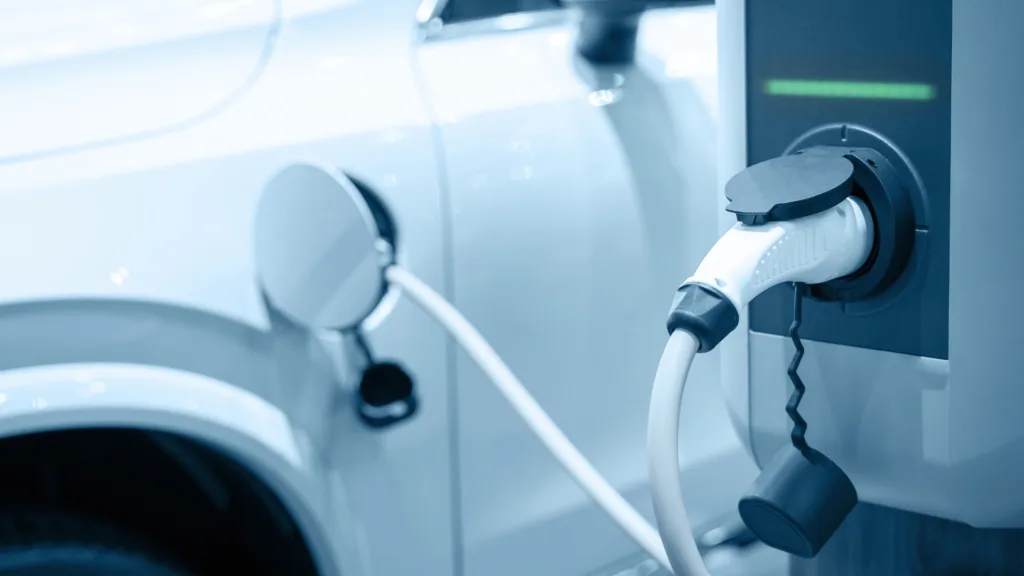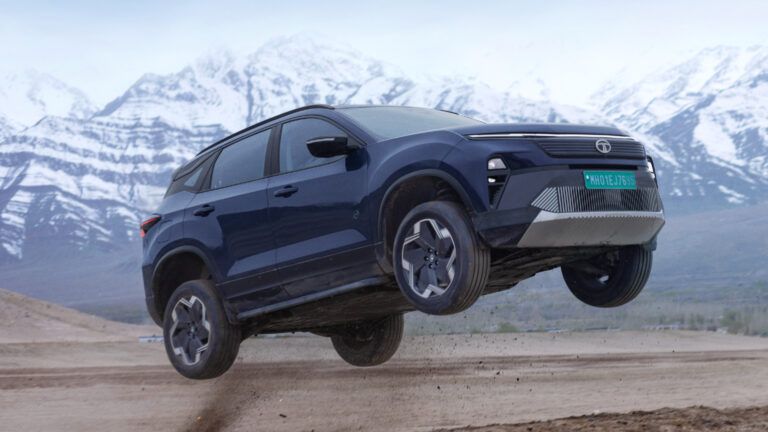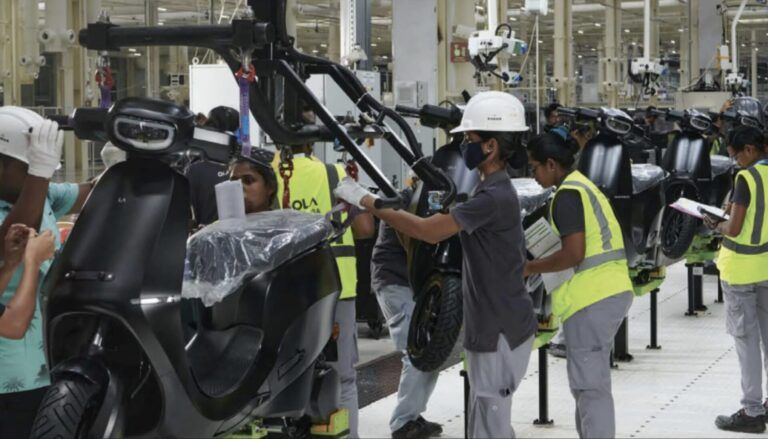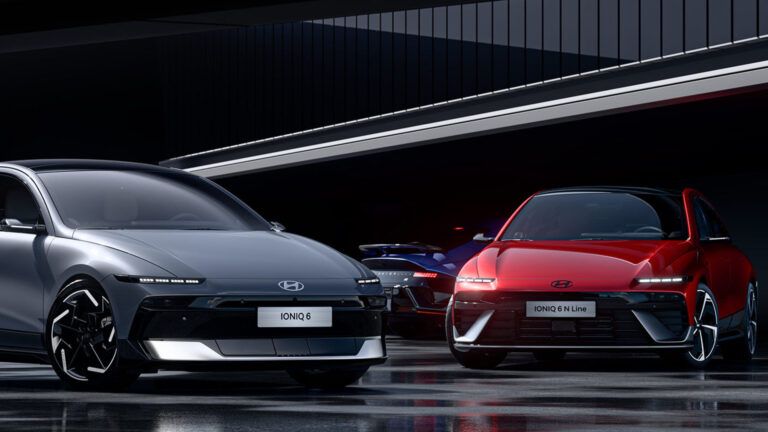On Friday, the government approved a new EV policy with the aim of positioning India as a leading manufacturing destination for electric vehicles, as per the Ministry of Commerce.
According to the new policy, automakers must commit to a minimum investment of Rs 4,150 crore ($500 million), with no limit on the maximum investment amount. Also, the automakers have to set up new manufacturing plants within three years of the timeline and start production of the EVs.
Moreover, they have to reach 50% domestic value addition (DVA) within a maximum period of five years. According to the ministry, automakers should achieve a localization level of 25% by the third year and 50% by the fifth year.
Under the new EV policy, companies can import a maximum of 40,000 electric vehicles at a rate of 8,000 cars per year. Surprisingly, a low duty rate of 15% applies to vehicles with a minimum Cost, Insurance, and Freight (CIF) value of $35,000.
At present, fully assembled Completely Built-Up (CBU) vehicles valued over $40,000 incur a tax of 100 per cent. Moreover, vehicles priced below $40,000 attract a 70 per cent tax rate.
The government said that the cap of foregone duty for all imported EVs will be either the amount invested or Rs 6,484 crore (equivalent to the PLI scheme incentive), whichever is less.
At the same time, companies will have to support their investment commitment by providing a bank guarantee instead of a customs duty forgone. Also, if the automaker fails to meet the minimum investment and domestic value addition criteria, the bank guarantee will be invoked. Furthermore, during the tenure of the scheme, companies can’t dilute their shareholding.
How does this Policy Affect Tesla?

The introduction of the new EV policy will ease the way for Elon Musk’s Tesla into the Indian market. The American EV maker has been asking for lower import duties to enable the import of its electric vehicles. However, the central government did not show much enthusiasm for this proposal.
Also, several other automakers, including Mercedes Benz, BMW, and Aston Martin, expressed their concerns regarding high import duties.
Domestic automakers such as Tata Motors and Mahindra & Mahindra have expressed concerns to the government regarding the proposal for reduced import taxes on electric vehicles. The automakers opposed government proposals to decrease the tax, arguing that their investors had made decisions on the assumption that the tax regime favouring local production would remain constant.
More Government Initiative
Notably, the Ministry of Heavy Industries recently announced a new scheme worth Rs 500 crore to promote the adoption and boost the sales of e-mobility in India.
Scheduled to launch in April 2024 and conclude in July 2024, the Electric Mobility Promotion Scheme 2024 (EMPS 2024) will focus on promoting electric mobility during these four months.
Moreover, the second phase of the FAME-II (Faster Adoption and Manufacturing of Electric Vehicles in India) scheme ends on March 31. Interestingly, the newly announced policy applies to only two-wheelers and three-wheelers.
Back-to-back approval of electric vehicle schemes reflects India’s commitment to adopting sustainable mobility.








